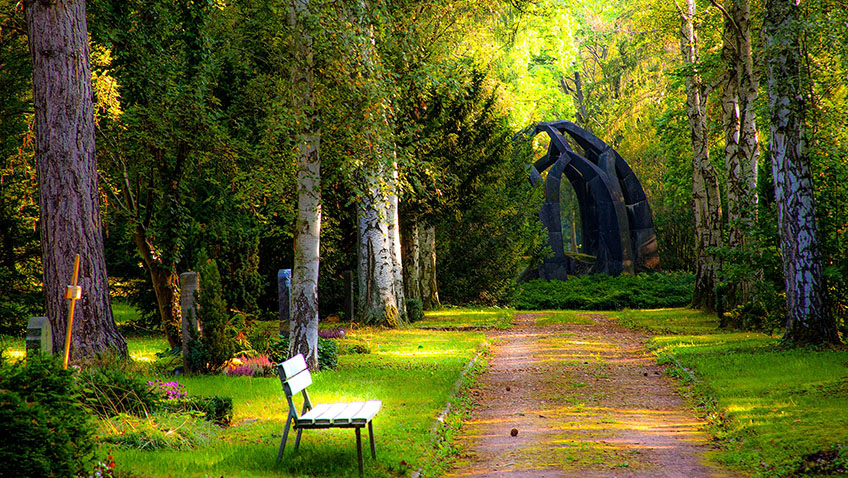Saying goodbye to someone you love is undoubtedly one of the hardest experiences we have to face in life. You will experience the various stages of grief, and feel helpless and heartbroken whilst trying to process your loss. It’s a shock to the mind and body and knowing you won’t be able to see that friend or family member again feels truly devastating. There is however light at the end of the tunnel, and acceptance is the first stage of dealing with loss. Once you can accept the situation, you can begin to heal both physically and mentally, and look forward to the future.
What’s important is that you don’t let your own health suffer and that you address your emotions during the grieving process. These tips are a good starting point when everything feels hopeless…
Address your emotions
It’s easier said than done but, whatever you do, try not to keep your feelings locked up. Pretending you’re ok won’t help you to heal, let it all out and cry if you need to cry and don’t ever feel embarrassed for displaying emotion. We’re only human after all. Everyone grieves differently, if you don’t cry that’s ok too. It doesn’t mean you’re any less upset it’s just a different way of coping. Sometimes writing down your thoughts and feelings in a journal can help through difficult times like this.
Reach out for help
Don’t overlook just how important having a solid support system around you can be. Reach out to loved ones, arrange a coffee date and talk about your emotions. When we share our thoughts and feelings with others, it can often feel like a weight is lifted just by getting it off our chests. If you’d rather reach out to someone impartial, then you could consider contacting a bereavement counsellor for additional support.
Practice self care
Self-care can get easily overlooked when going through a traumatic time, but this will begin to affect both your mental and physical health. Taking care of you should still be a priority, and don’t ever feel guilty for it. Whether it’s taking a long relaxing bubble bath, cooking a healthy meal, going for a coffee with a friend or taking a walk around the local park, it’s vital that you try to maintain your routine and not slip into a dark place. Diet will not be top of your priority list when experiencing a loss, and if you’re struggling to prepare meals you could look into a healthy food delivery service to ensure you’re still eating well and keeping your body nourished.
Seek expert help
Dealing with the aftermath of a death can be a hard, frustrating and emotional task. There are however experts in comparing funeral plans, finding suitable funeral directors, settling estates and arranging cremations who can assist you from start to finish during this difficult time. Unless you’ve experienced this before, it can be hard to know where to start when someone has died, which is why it’s a good idea to seek professional help to guide you through the process and relieve the pressure.





